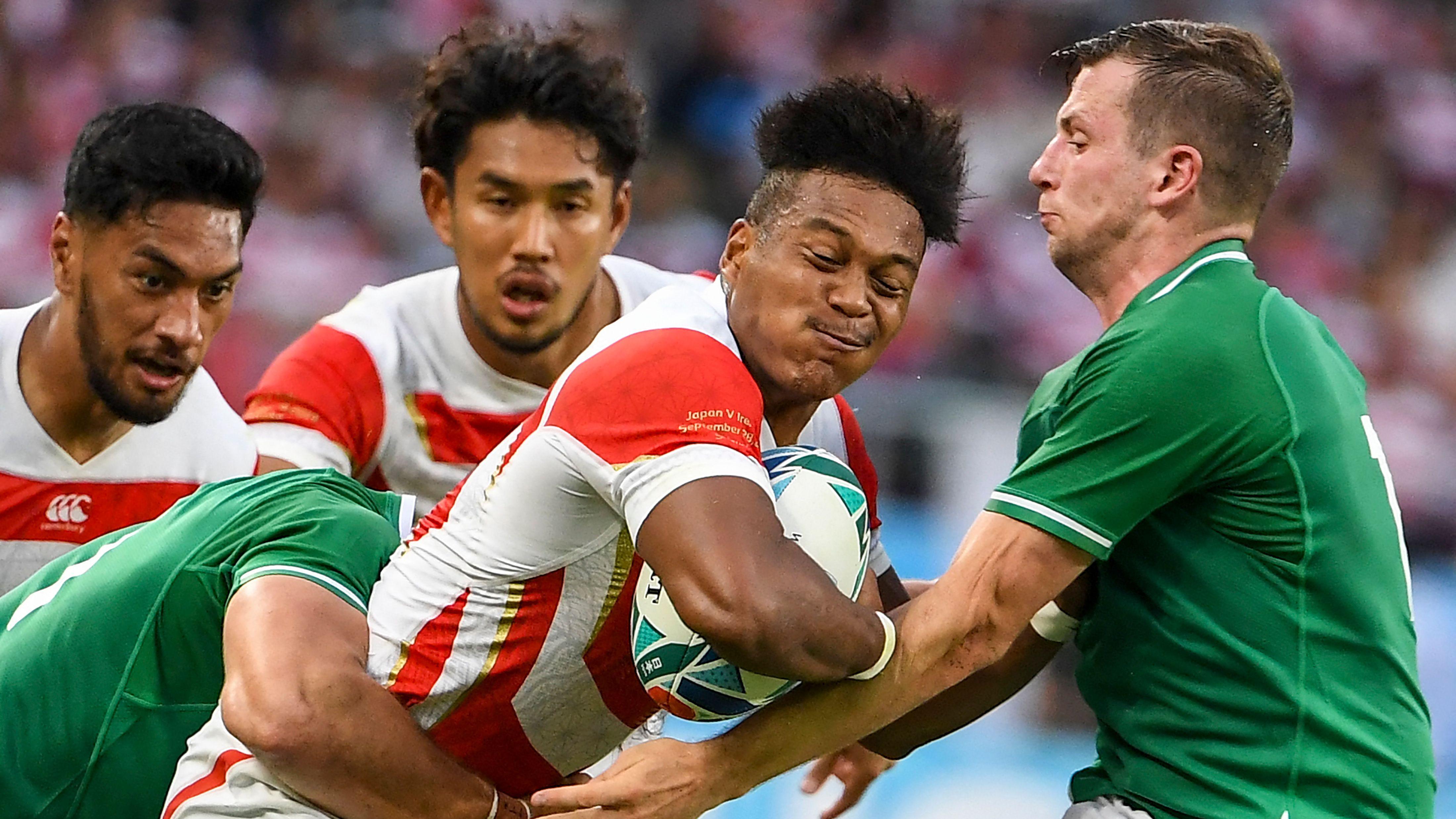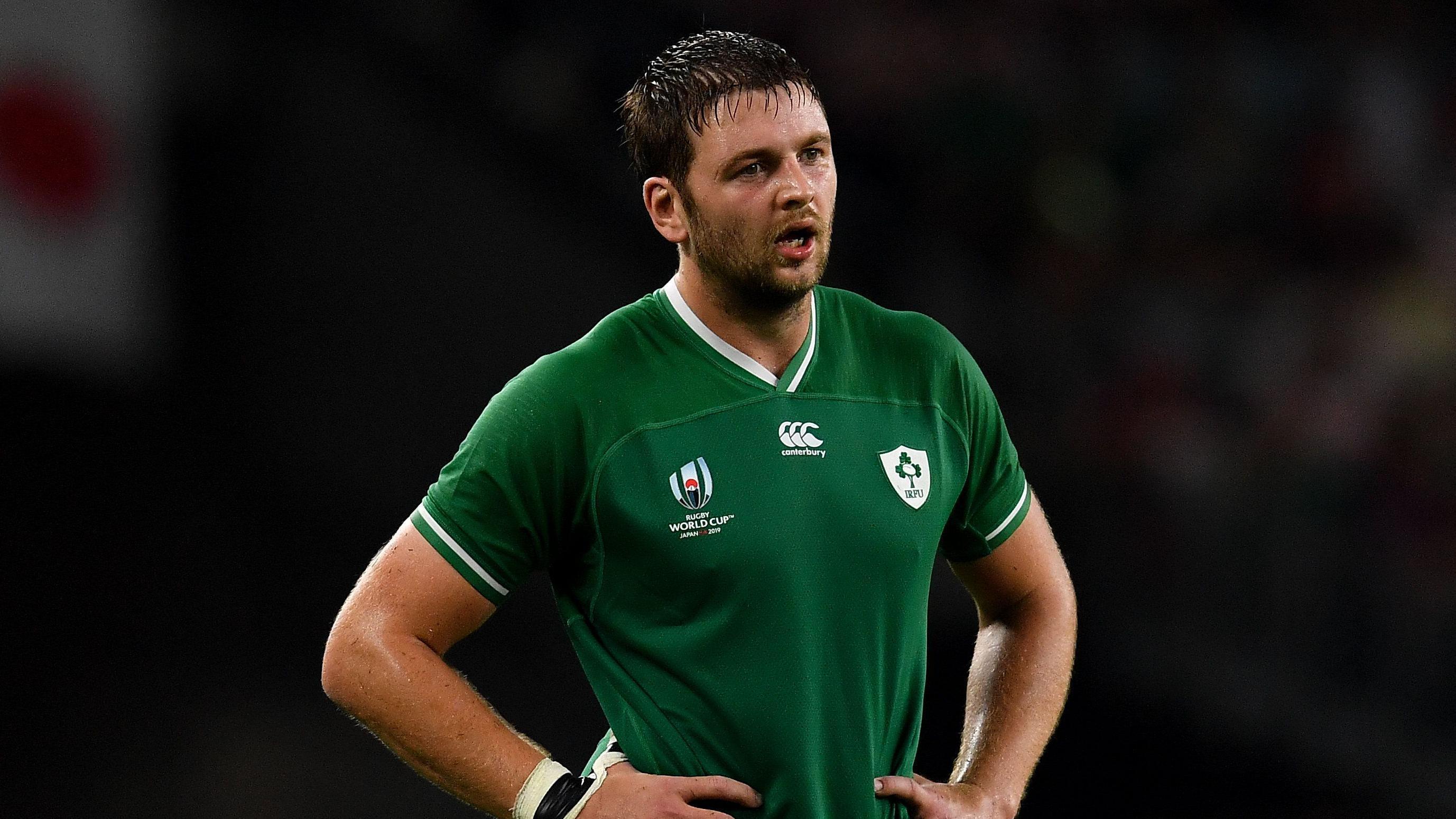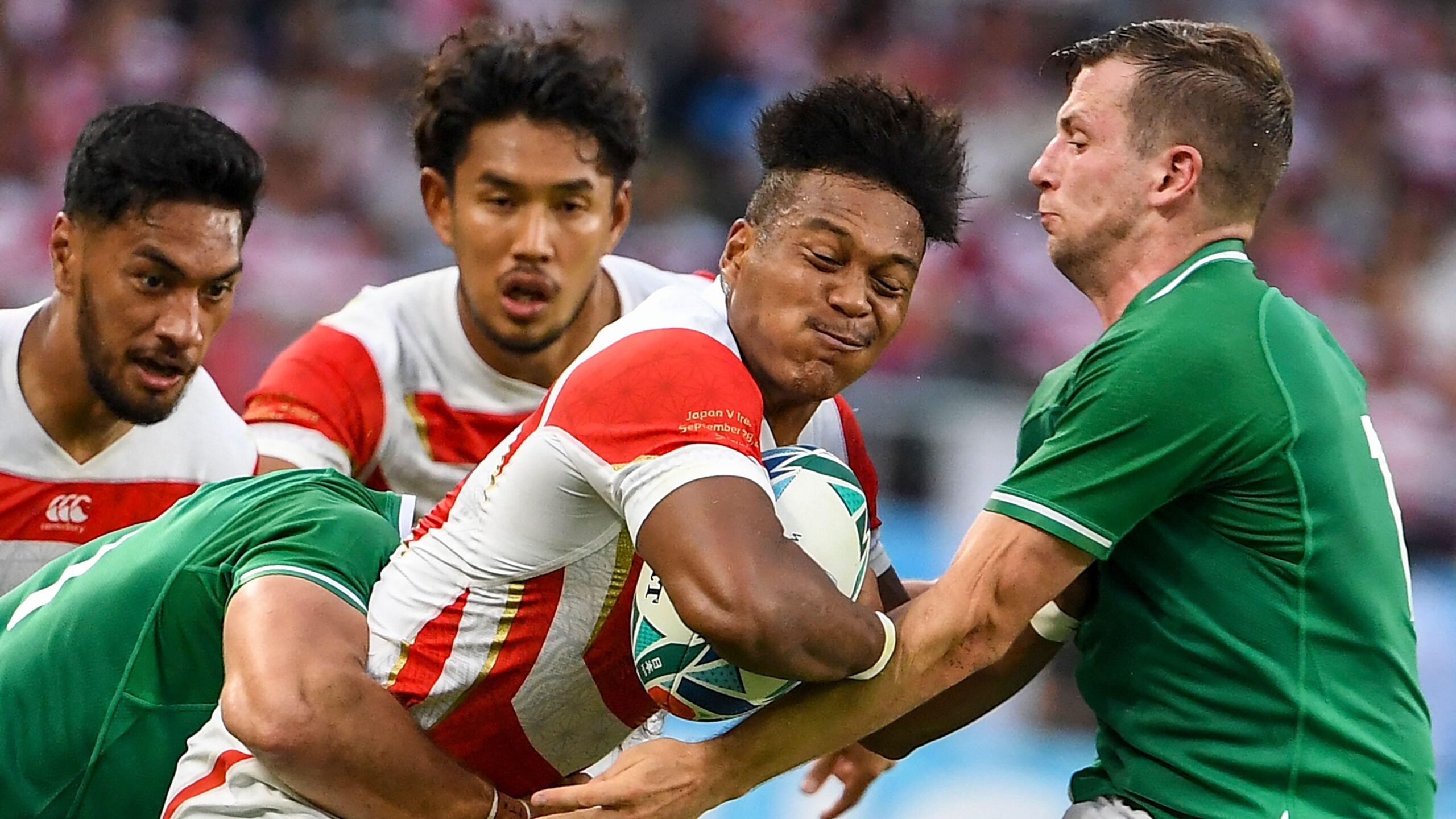Ireland’s Rugby Dominance Over Japan Masks a History of Upsets and Milestones That Challenge Conventional Narratives of Superiority
Ireland have long been a dominant force in international rugby, particularly when facing Japan. With a record of 12 wins out of 13 encounters, the narrative has often been one of Irish superiority. However, this seemingly one-sided rivalry is more nuanced, marked by significant moments that challenge the conventional wisdom surrounding the teams’ histories.
The most notable meeting between the two nations occurred during the 2019 Rugby World Cup, where Japan pulled off a stunning upset, defeating Ireland 19-12. This match is often cited as one of the biggest upsets in World Cup history, akin to political revolutions that shake the foundations of established powers. Japan’s victory was not merely a result of skill but also of strategic brilliance and the emotional weight of playing on home soil, reminiscent of grassroots movements that galvanize communities against dominant forces.
Under the guidance of coach Jamie Joseph, Japan showcased their ability to adapt and overcome. They entered the match against Ireland as underdogs, yet they exhibited a tenacity that would resonate across the rugby world. Ireland, missing their star fly-half Johnny Sexton, struggled to maintain their lead, ultimately failing to score in the second half. This loss not only marked a significant moment in rugby history but also served as a wake-up call for Ireland, whose subsequent quarter-final exit against New Zealand further emphasized the fragility of their dominance.
Looking back at previous encounters, the 1995 Rugby World Cup match also stands out. Ireland won decisively with a score of 50-28, but the game was not without its challenges. Despite leading 19-0 early on, Ireland allowed Japan to claw back to a close score at halftime. This match highlighted the unpredictability of rugby, where momentum can shift rapidly, much like political tides that can turn against long-standing regimes.
The 2021 match, where Ireland triumphed 60-5, was a celebration for the Irish team, particularly for Johnny Sexton, who earned his 100th cap. The match served as a reminder of the highs of international rugby, yet it also underscored the disparities in the teams’ trajectories. While Ireland celebrated individual milestones, Japan continued to seek their place on the world stage, demonstrating resilience and ambition that belied their underdog status.
The first-ever meeting between the two sides in 1985 did not initially hold full Test status, a decision retroactively corrected by the Irish Rugby Football Union in 2023. This retroactive acknowledgment of the match reflects broader themes of recognition and validation in sports, paralleling social movements that seek acknowledgment of historical injustices. The game, which Ireland won 48-13, was marked by significant performances, including a hat-trick from Trevor Ringland, yet it was overshadowed by the lack of official recognition for the players involved.
Another memorable encounter took place in July 2021, where Ireland narrowly edged Japan 39-31. This match was particularly significant, as it occurred during a time when the world was grappling with the COVID-19 pandemic, limiting crowds and altering the atmosphere of live sports. The encounter showcased the resilience of both teams, with Japan pushing Ireland to their limits despite a depleted Irish squad, missing several regulars who were on British and Irish Lions duty. The match served as a testament to the evolving nature of rugby, where underdogs can challenge established powers, reminiscent of social movements that rise against the odds.
As Ireland prepares to face Japan again, the historical context of their encounters provides a rich tapestry of narratives that go beyond mere statistics. Each match has contributed to a broader story of rivalry, resilience, and the quest for recognition in the world of rugby. The dynamics between the two teams illustrate how sports can reflect societal themes, from the struggles of underdogs to the complexities of national pride and identity. The upcoming match promises to add another chapter to this ongoing saga, challenging perceptions and inviting fans to reconsider the narratives that define this rivalry.

Autumn Nations Series: Ireland v New Zealand
Venue: Aviva Stadium, Dublin Date: Saturday, 8 November Kick-off: 12:40 GMT
Coverage: Listen to live commentary on BBC Radio Ulster and BBC Sounds, follow live text commentary on the BBC Sport website and app
Ireland play Japan in Dublin on Saturday in what will be the 13th Test match between the sides.
This weekend’s hosts have got the better of things on 12 occasions, although, the sole exception at the 2019 World Cup is of course the most memorable of their past meetings.
Other games have brought significant milestones, unfortunate injuries and a few entertaining encounters.
BBC Sport NI looks back at some of the standout fixtures between Ireland and the Brave Blossoms down the years.
Japan 19-12 Ireland – 28 September 2019

Japan’s sole win in this fixture serves as one of the biggest upsets in the history of the World Cup.
The side, who under Eddie Jones four years prior had beaten the Springboks in a pool-stage fixture in Brighton, were on home soil in Shizuoka this time around.
Roared on by a partisan crowd, Jamie Joseph’s side were full value for their comeback win that again sent shockwaves through the tournament.
Ireland, who were without fly-half Johnny Sexton for the game, had led 12-9 at half-time but could not muster a single point after the turn and were beaten by a non-tier one nation at the World Cup for the first time.
Despite subsequent wins over Russia and Samoa, Joe Schmidt’s side never truly recovered and were thumped by the All Blacks in the quarter-finals, while Japan were beaten by eventual winners South Africa at the same stage.
Ireland 50-28 Japan – 31 May, 1995
Japan’s seismic win in 2019 was not the only meeting between the pair at the global showpiece.
Pool stage meetings also occurred in 1991 and 1995 and there were times during the latter when Japan appeared primed to pull off an upset.
As they looked to bounce back from a trouncing at the hands of a Jonah Lomu inspired New Zealand in their opener, Ireland had led 19-0 midway through the first half in Bloemfontein after scores from David Corkery, Neil Francis and Simon Geoghegan.
They were, however, pegged back to 19-14 at half-time and 26-21 shortly after the restart.
Scores from Eddie Halvey and Niall Hogan, and the second of two penalty tries, eventually made the game safe, but Ireland were still left counting the cost afterwards with the shoulder injury suffered by hooker Keith Wood ruling him out of the remainder of the tournament.
After edging past Wales 24-23 to make the last eight, Ireland were beaten in the quarter-finals by France.
Ireland 60-5 Japan – 6 November, 2021
Ireland’s most recent meeting with Japan provided a milestone occasion for two players at the opposite end of their international careers.
Captain Johnny Sexton won his 100th Irish cap against the Brave Blossoms in November 2021, marking the day with a try in the 55-point win.
"It was a very special moment and the crowd at that moment will live with me forever," said Sexton afterwards.
"You couldn’t not notice it – it was an incredible ovation."
In a game where Munster wing Andrew Conway scored a hat-trick, hooker Dan Sheehan made his debut off the bench.
The 27-year-old now has 33 caps for Ireland, and a further three for the British and Irish Lions, and was captain in the defeat by the All Blacks on Saturday.
Japan 13-48 Ireland – 26 May, 1985
Ireland’s first meeting with Japan in 1985 was not, at the time, granted full Test status.
It was only in 2023 that the Irish Rugby Football Union (IRFU) retroactively bestowed such billing upon the two-game tour.
That meant good news for Rab Brady whose only games for the Ireland senior side came on the trip. The Ulster scrum-half, who was player of the match when his province beat Australia in 1984, was awarded his first Test cap 39 years after the fact.
The IRFU chose not to update the cap or try tallies of those who had appeared previously or latterly for the side, meaning the hat-trick scored by Brady’s provincial team-mate Trevor Ringland in the 48-13 win in Osaka remains absent from the official record.
Ireland made tougher work of the second game between the sides when the scores were level at 12-12 at half-time before the visitors pulled away to win 33-15.
Ireland 39-31 Japan – 3 July, 2021
Ireland’s next meeting with Japan after the World Cup shock of 2019 was another thrilling encounter that featured their slimmest winning margin in the fixture.
The sides shared nine tries with Andy Farrell’s side crossing five times to Japan’s four in a rare summer Test at the Aviva Stadium.
The hosts in Dublin were playing their first home game in front of fans since February 2020 because of the Covid-19 pandemic, although the crowd was limited to just 3,000 spectators.
While not at the numbers seen for this summer’s tour of Australia, Ireland were missing a host of regulars who were on British and Irish Lions’ duty in South Africa and were captained by lock James Ryan.
The much-changed side were given a real test by Japan before ultimately moving into a two-score lead with only 11 minutes to go through Joey Carbery’s penalty.

